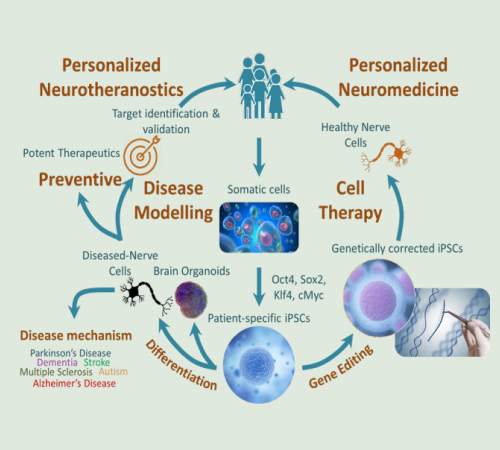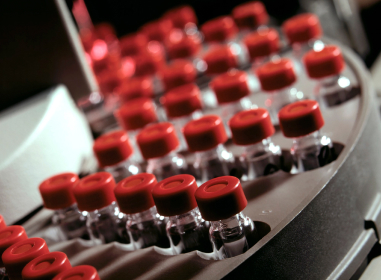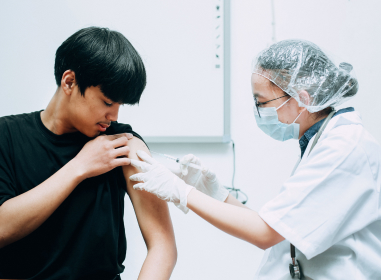Accelerating cannabinoid drug development with enhanced efficiency and affordability
Our Approach - Cannabinoids
CanniOasis utilizes advanced drug delivery formulations to maximize drug effectiveness, targeting specific tissues with precision. By interacting with MiRNA and epigenetic proteins, cannabinoid treatments have shown promising effects on vital neurological pathways, as supported by extensive research. CanniOasis collaborates with A*STAR, a groundbreaking research institution that has achieved a remarkable milestone—the creation of the world's first mid-brain organoid model.






